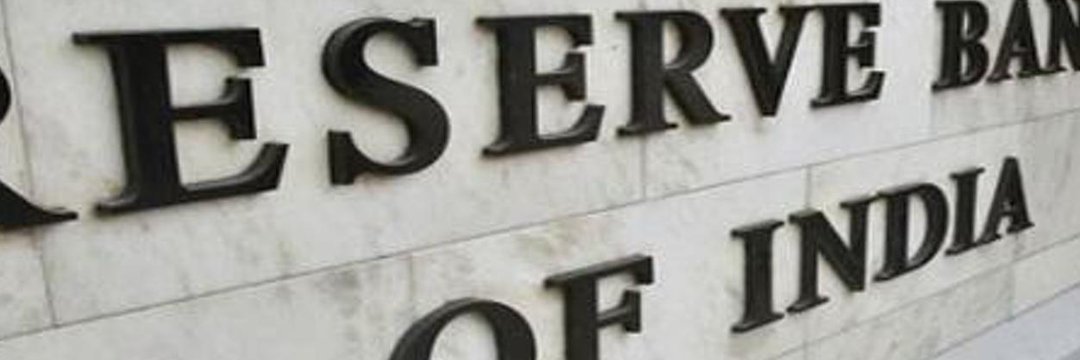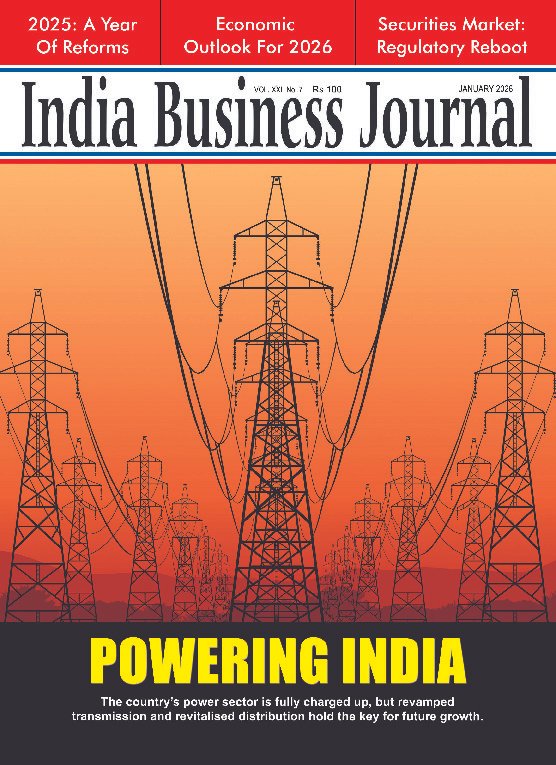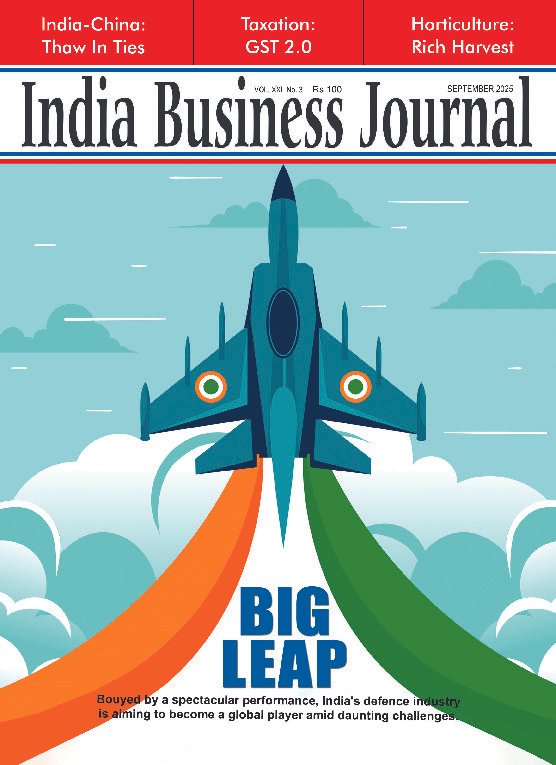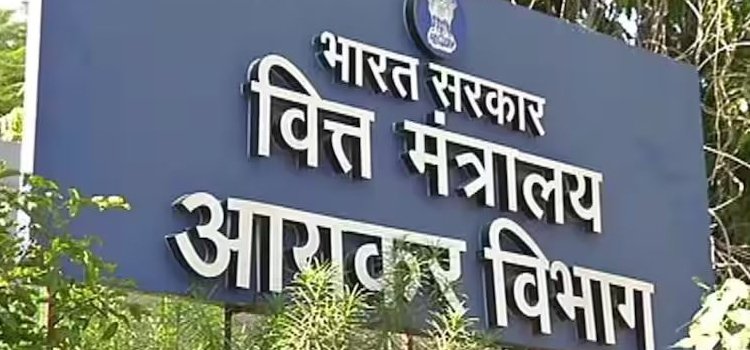ECONOMY
RBI keeps Repo, Reverse Repo Rates unchanged, assures ample liquidity through TLTRO, bond buys
- IBJ Bureau
- Apr 07, 2021

The Reserve Bank of India’s (RBI) Monetary Policy Committee (MPC) kept the Repo Rate unchanged at 4 per cent on Wednesday. The central bank also maintained an “accommodative stance” as long as necessary to mitigate the impact of COVID-19 pandemic.
RBI Governor Shaktikanta Das announced that the decision was taken unanimously and added that the Reverse Repo Rate too was kept unchanged at 3.35 per cent. The central bank was widely expected to keep key interest rates steady amid a surge in COVID-19 cases in the country.
This is the fifth time in a row that the RBI has maintained a status quo on policy rate. Mr Das said that the central bank would keep inflation at the targeted level and also added that the recent rise in COVID-19 cases had created uncertainty over economic growth recovery.
Last week, the government had asked the RBI to maintain retail inflation at 4 per cent with a margin of 2 per cent on either side for another five-year period ending March 2026.
The MPC kept the GDP estimate for FY22 unchanged at 10.5 per cent. It also forecast the Consumer Price Index (CPI)-based inflation at 5.2 per cent in the first half (Q1 and Q2) of FY22.
The RBI governor said that he would continue to do whatever it took to preserve stability and insulate financial firms from global spillovers. The RBI also announced a Rs 50,000-crore additional liquidity facility to NABARD, NHB and SIDBI for fresh lending during FY22. The central bank also extended the Targeted Long-Term Repo Operation (TLTRO) scheme by six months up to September 30, 2021.
The central bank also announced a secondary market government securities (G-Sec) acquisition plan worth Rs 1,00,000 crore for the first quarter of FY22. Analysts point out that this is an important decision that the bond market was anxiously waiting for and that the bond acquisition would help in cooling off bond yields and supporting the government’s market-borrowing programme.





















Report By
View Reporter News